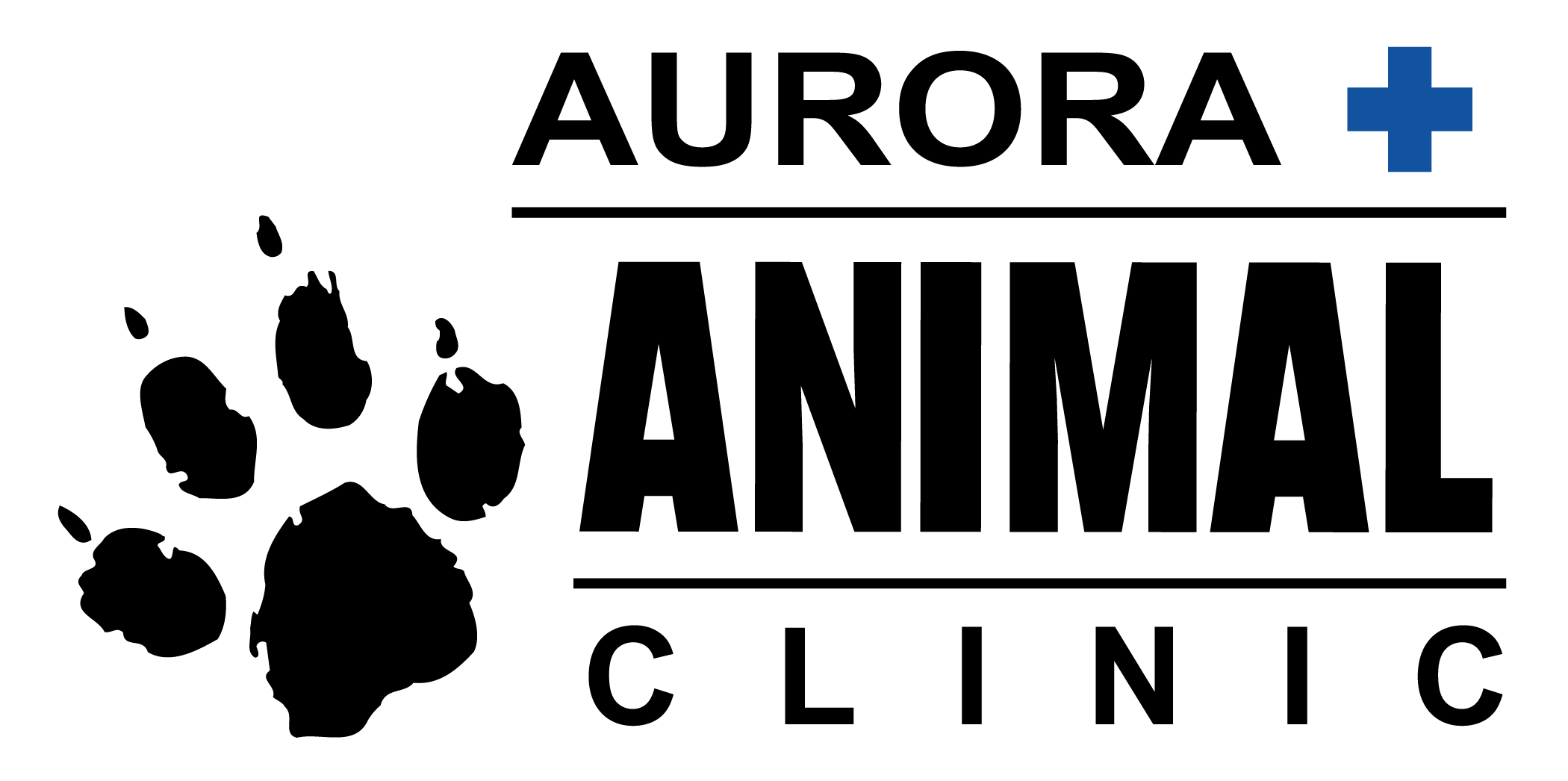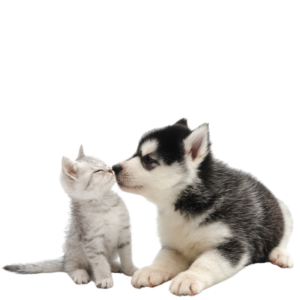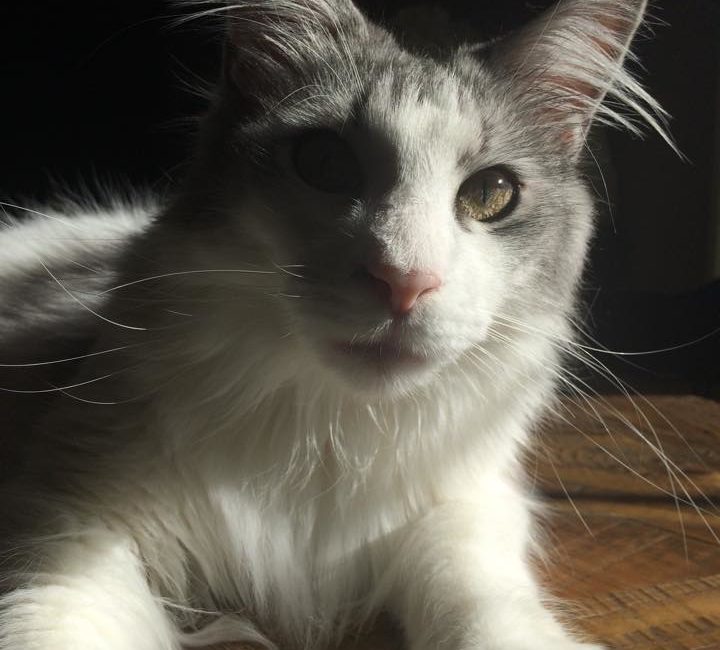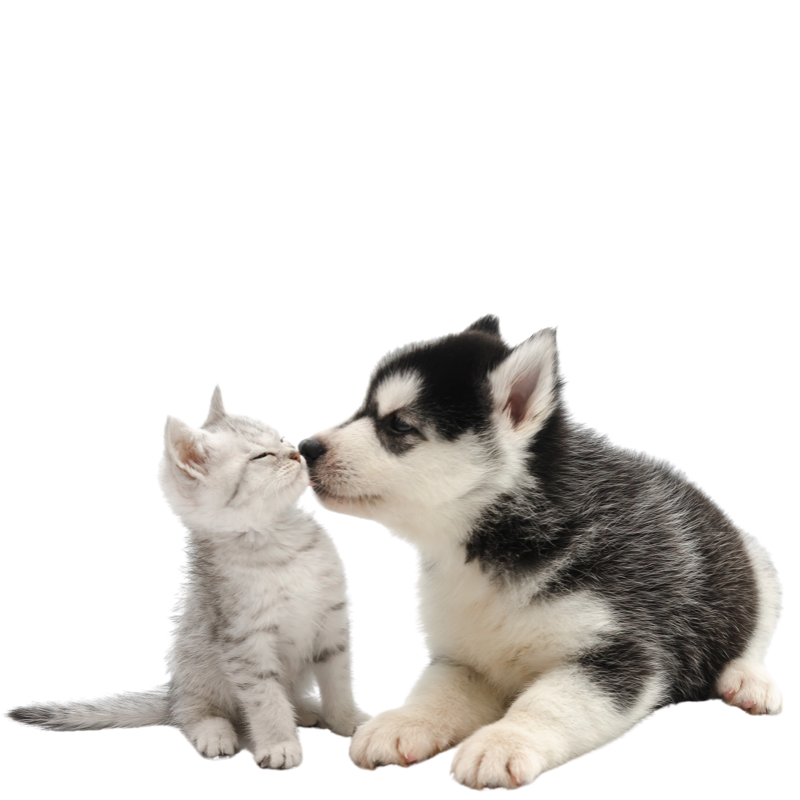How do I know if what I’m feeding my pet is OK? Is it better to do homemade food? What ingredients are good? How much should they have? Is grocery store food really that bad?
There is always a whole bunch of questions that we ask ourselves when reaching for that giant bag of kibble. To help our community out, Aurora Animal Clinic has put together a list of Eight Tips for your Pet Feeding Questions…
1. There are a lot of pet foods out there! Many of them claiming to be “complete.” It is important to be cautious of nutrient deficiencies and possible chemicals in your pets’ food. Some commercially prepared foods can set off allergic reactions, and may not be as balanced as they claimed. Instead of turning to them for convenience, consult Aurora Animal Clinic for a complimentary Nutritional Consult with one of our techs to discuss different foods in details.
2. Figure out whether you are feeding your pet the right amount of food. The “right amount” is recommended in different feeding guides, by pet food manufacturers or by veterinary professionals. Since all pets come in different shapes & sizes it is hard to pinpoint an “average” to feed a particular pet. Your vet will be able to tell you just how much and how often your pet should be getting their meals.
3. Measure your pet’s meals. Free-pouring or eyeing the amount of food you feed your pet can make a big difference over time. Be sure to use measuring cups or a scoop with marked measurements so that you can be consistent and ensure that you are not over or under feeding.
4. Treats. We love to reward our pets! Remember that like people, we need to be cautious of the caloric content of treats. They can be high in some cases and are in addition to your pet’s regular food intake. Instead of getting carried away in giving your pet treats, try to be aware how frequently you are handing them out.
5. Cats require a significantly higher percentage of protein than dogs – do NOT substitute dog food for cat food or cat food for dog food. It is not the same.
6. Change isn’t always good. We as people love variety, but changing your pets food brand or type of food up can really upset your cat or dog’s system. If you do decide to switch foods, it most definitely needs to be done gradually by mixing in small amounts of the new food with the older option.
7. Consider exercise. Pets need to be active in order to remain healthy. When deciding on your pet’s food you should evaluate their activity level and figure out the food that would go best with their lifestyle.
8. Remember: All pets are different. Each pet has its own nutritional needs based on age, breed, activity level, habits, etc. so be sure to look at each pet separately. At your next check-up, ask our vets if your dog or cat may be too thin, too fat, and feel ready to discuss their diet.
The ultimate goal is to keep your pet happy & healthy for as long as possible! We want them to live out their years with minimal to no complications just like you do. Diet & exercise is just as essential for your dog or cat as it is for your other family members. Never hesitate to consult with us here at Aurora Animal Clinic .




